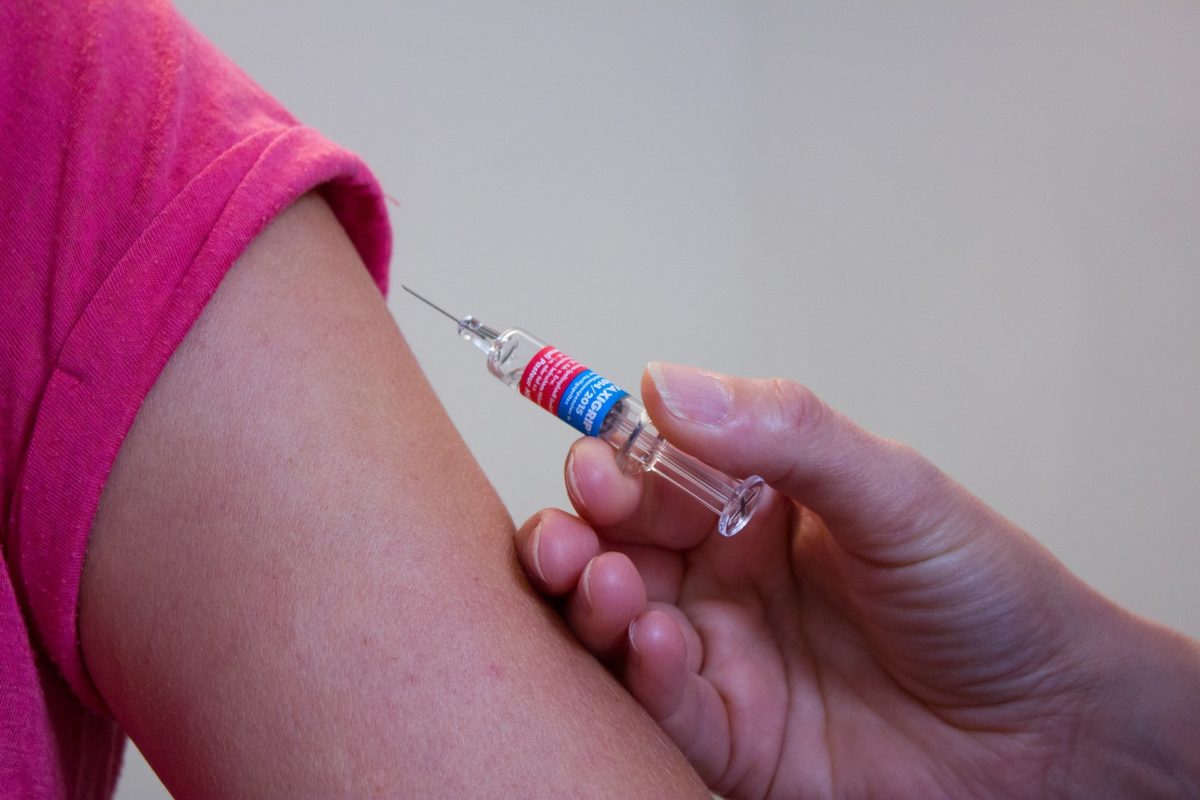KUALA LUMPUR, Oct 26 — Scientists have warned that a rush for the results of a Covid-19 vaccine could lead to a vaccine that may not be all that great.
The Guardian reported scientists have warned that an early adoption of a Covid-19 vaccine with moderate effectiveness may affect efforts to test and create improved versions of a vaccine.
A professor from Bristol University, Adam Finn, said that to prove which vaccine is better will require a large number of people to demonstrate which is best, or which vaccine is more suitable for particular groups like the elderly.
Finn also said that getting a vaccine that does not work very well is almost worse than not having a vaccine at all because it gets in the way of getting a better vaccine.
“We should be preparing to meet this challenge and work out ways to compare the effectiveness of early vaccines, but at present we are not doing that well enough,” Finn was quoted saying.
World Health Organization (WHO) director Kanta Subbarao reportedly said that early vaccine trials have not shown how well it works on populations like the elderly who have weaker immune systems.
“We know vaccines often work better in young, healthy adults, which is why they are enhanced with a higher dose or an adjuvant to boost immunity for disease such as flu and shingles. It is also unclear how well clinical trials will assess effectiveness in those in minority ethnic communities.”
This means that by spring, many vaccines would have passed their trials but there may not be any mechanism being in place to select effective vaccines for different age groups.
Currently, there are a total of 198 Covid-19 vaccines that are being developed across the globe, while four vaccines are already undergoing its final Phase Three trials which include Pfizer’s BNT162b2 and the Oxford-AstraZeneca vaccine.
An approval will be given to any vaccine that protects at least half of those who have taken the vaccine. However, there may be a problem when other vaccines come and it will be unclear to identify if they are better than the first licensed vaccine.
“The first one that shows any significant protection will be the one people will want to start using straightaway. The problem will be that when the others come through their trials, you won’t be able to say that one is better than another because we have not set up ways to compare them,” Bryan Deane, a director at the Association of British Pharmaceutical Industry (ABPI), said.








